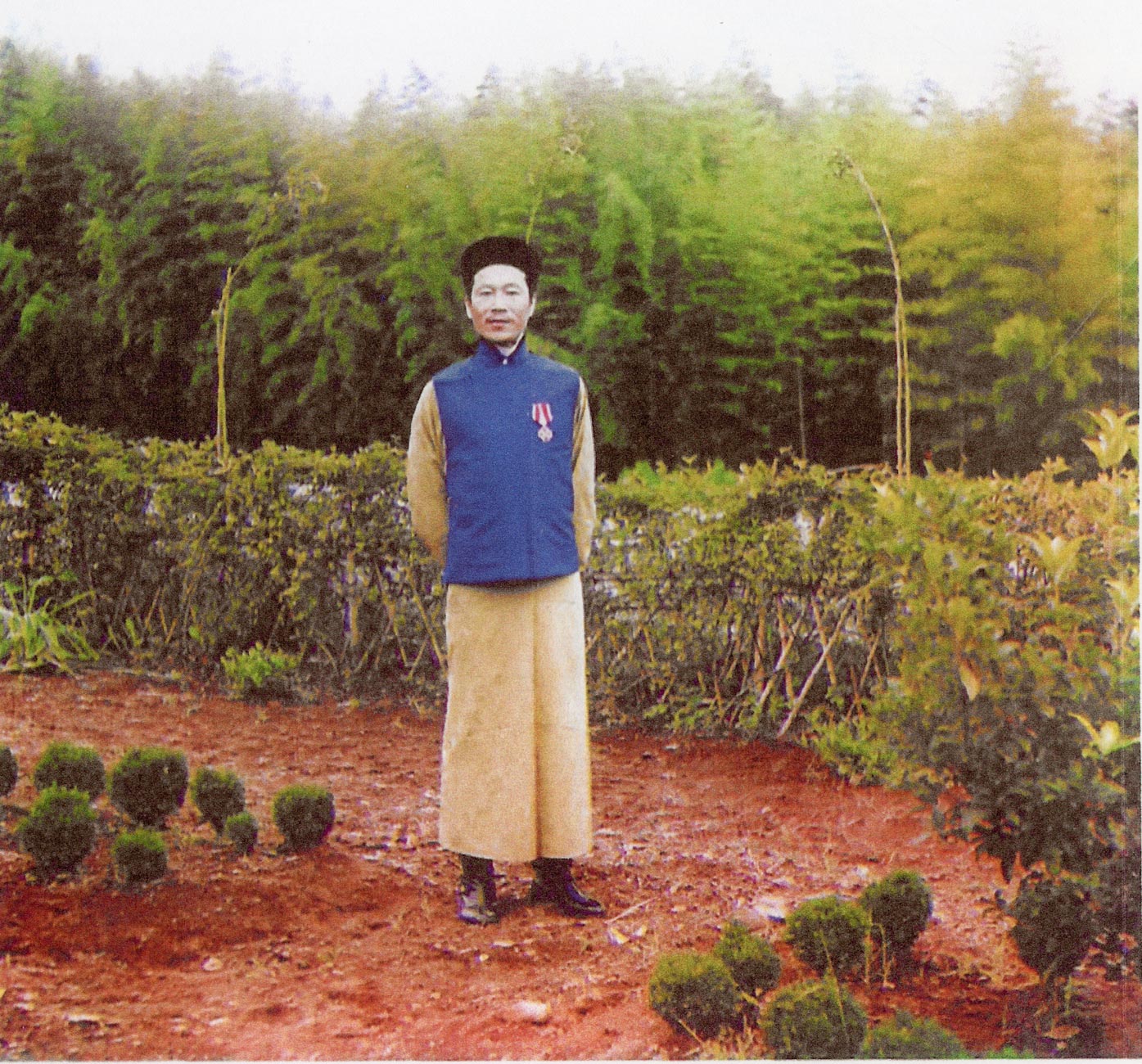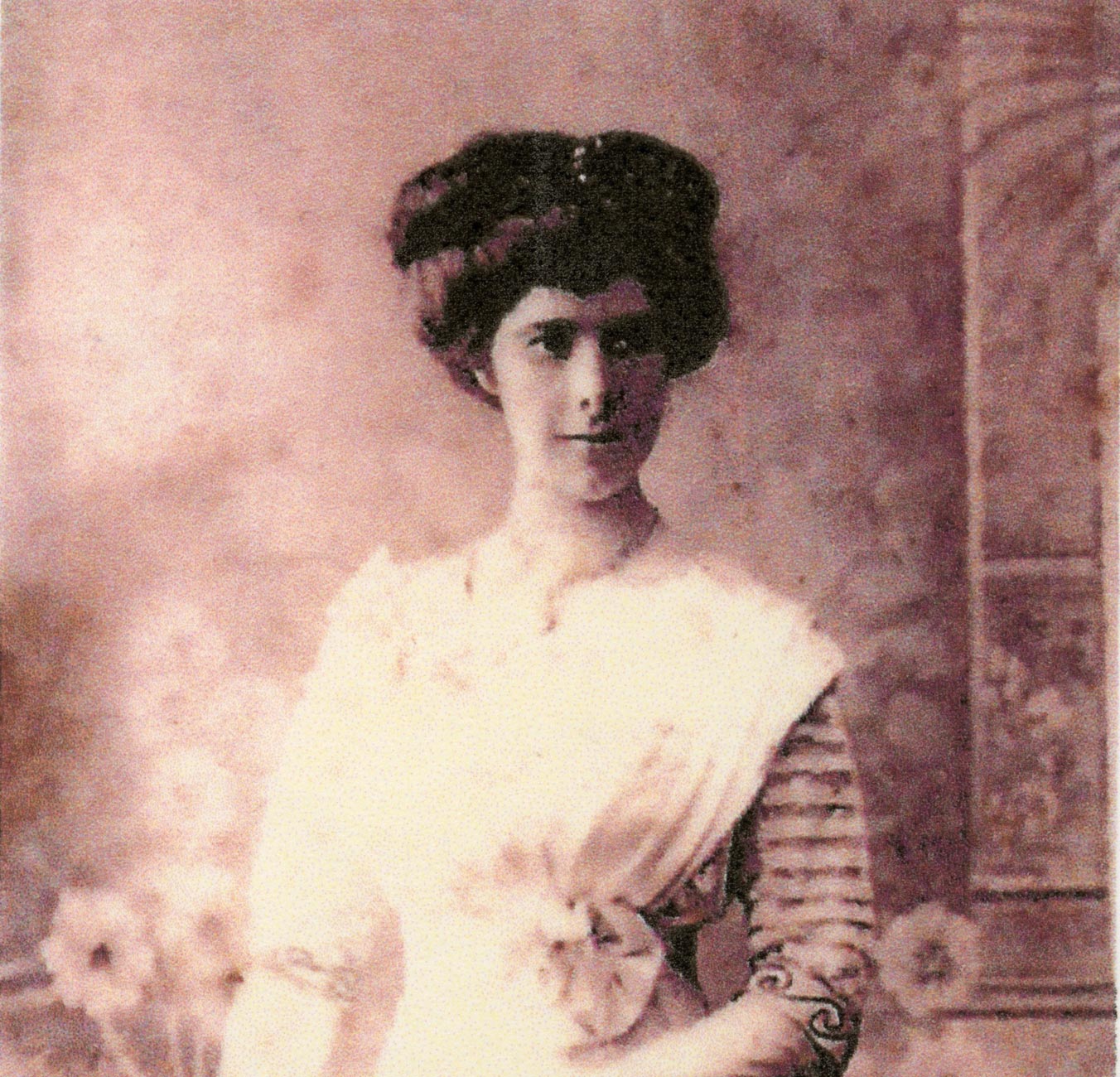Mabel Knight, the most widely travelled of the siblings, followed the early career pattern of her elder sister, Ethel. Aged sixteen she attended a boarding school as a pupil/teacher in return for board and lodging. As usual there was no salary. This would come the next year as a teacher in a small school in Cornwall. For an annual salary of £10 per annum she was required to teach from 9 a.m. to 12 and from 2 p.m. to 4; to take boarders for daily walks from 4 to 5; to dust the drawing-room and schoolroom; and to make her own bed.
Further teaching posts in England were to follow before moving to Germany in 1905, and taking up positions of varying periods and satisfaction as nursery governesses. Her happiest engagement included charge of the three younger children of the Blumenthals who had made their fortune at Hopetown during the South African War.
A brief summer assignment in Pomerania, on the southern shore of the Baltic Sea was followed by a nursery post in Davos, Switzerland. This came to an end when her skating charge ran off and and fell on the ice – a minor accident for which Mabel was dismissed. Discipline of an employed domestic staff member in those days was harsh. She returned to England and spent two years on various teaching posts.
Between 1904 and 1907 my great aunt enjoyed a mostly long distance relationship with Dutch engineer, André Schmidt who was working in Tokyo. She was apparently devastated by his death in a tragic accident while showing a group of Japanese students round an electrical works in Hamburg.
The following year, having recovered enough from her loss, Mabel took a position teaching English in Batoum, Georgia. Initially, four children were her pupils. This expanded to include students from the school run by her employers; the son of the Commandant of the town; its chief chemist; the Governor’s only son, and others, such as the manager of

tea plantations in Chakra.
There, she was befriended by The Consul, Mr Stevens, and his family. For several years she enjoyed a very active social life – a “great life”.

After four more years Mabel moved to St Petersburg as governess to the children of the Professor Ott, Court Doctor there. Shortly before Christmas 1912, because the family were moving to Nice, she took rooms in the centre of the city, teaching many private students. Ethel was teaching and living elsewhere in the Tsarist capital. Before the coming revolution the two sisters met frequently, going to dances and parties together. “St Petersburg was a wonderful city to live in before WW1. At night the streets were filled with almost as much traffic as in the day and it was quite safe to come home late at night after a dance (2 and 3 in the morning).”


